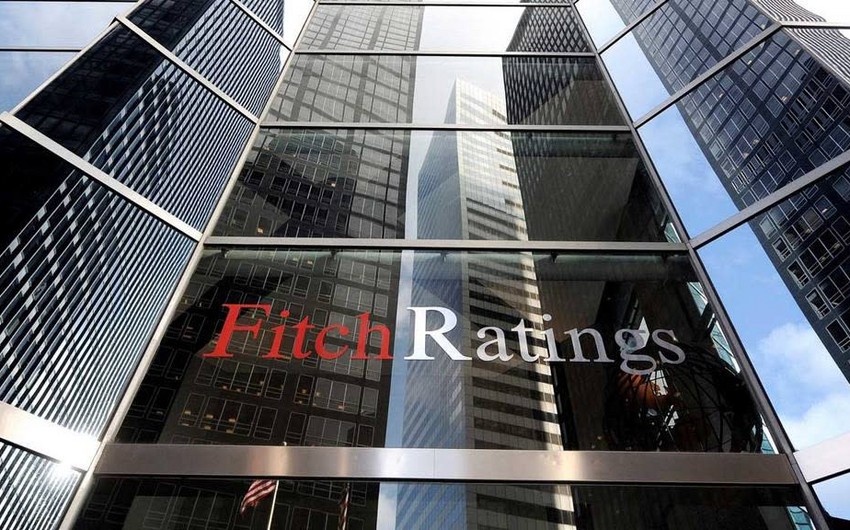Fitch Ratings has revised the Outlook on Azerbaijan's Long-Term Foreign-Currency Issuer Default Rating (IDR) to Stable from Negative and affirmed the IDR at 'BB+', informs, citing the agency.
The rating is supported by Azerbaijan's very strong external balance sheet, low public debt, and strong financing flexibility from large sovereign wealth fund assets, as well as favorable ease of doing business indicators. Set against these factors are weak governance indicators and lack of predictability and transparency of policy-making, especially in relation to the exchange rate regime, which increases the risk of policy missteps and disruptive adjustments to shocks. High banking sector dollarisation and dependence on the hydrocarbon sector (accounting for near 40% of GDP, 86% of exports, and two-thirds of fiscal revenues) also weigh on the rating.
Sovereign foreign-currency assets ended 2020 at $49.9 billion, $0.3 billion higher than end-2019, of which the sovereign wealth fund (SOFAZ) comprises $43.6 billion. External pressures have dissipated since $2.5 billion of SOFAZ FX holdings were drawn down in March and April 2020 to support the 1.7AZN/USD exchange rate, and net demand for FX has been stable. Annual SOFAZ FX sales (which are determined by the budget transfer amount) totalled $7.3 billion in 2020, $0.7 billion higher than in 2019. SOFAZ assets marginally increased in 2020 as strong investment returns, helped by a rise in gold prices, offset the budget transfer and drag from lower oil prices.
According to Fitch Ratings, the main factors that could, individually or collectively, lead to positive rating action/upgrade are:
- Improvements in the transparency and predictability of Azerbaijan's policy framework, including exchange rate policy, that strengthens the country's ability to manage external shocks and reduces macro volatility.
- Marked strengthening of the external balance sheet, for example due to sustained higher-than-forecast oil prices.
- Greater confidence in a sustained strengthening of the public balance sheet, for example based on a credible medium-term fiscal strategy and higher and more diversified GDP growth.
The main factors that could, individually or collectively, lead to negative rating action/downgrade:
- Prolonged lower oil prices sufficient to have a material negative impact on external buffers.
- Developments in the economic policy framework that undermine macroeconomic stability, such as contributing to a rapid erosion of the sovereign's external balance sheet or disorderly devaluation of the manat exchange rate, with adverse effects on the economy, banking sector, and public finances.
“The ceasefire agreement over Nagorno-Karabakh and the presence of a Russian military peacekeeping force, which we expect will be retained for an extended period, make a return to conflict with Armenia less likely. However, an ultimate political settlement including advancing objectives of reopening borders and infrastructure investment to improve connectivity between Azerbaijan, Armenia, and neighboring countries is politically challenging and also depends on the outcome of elections in Armenia. The government attaches a high political priority to development spending in the territories reclaimed during the 44-day war but there is a large degree of uncertainty over its pace and scale,” Fitch Ratings noted.


 https://static.report.az/photo/14526e09-ce7a-3a87-a23c-74dfd73e1c27.jpg
https://static.report.az/photo/14526e09-ce7a-3a87-a23c-74dfd73e1c27.jpg

